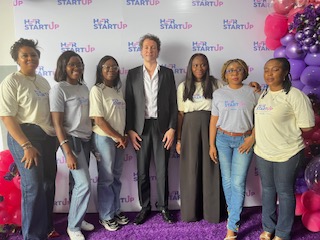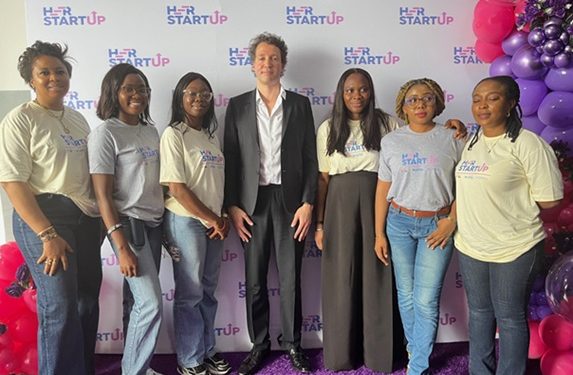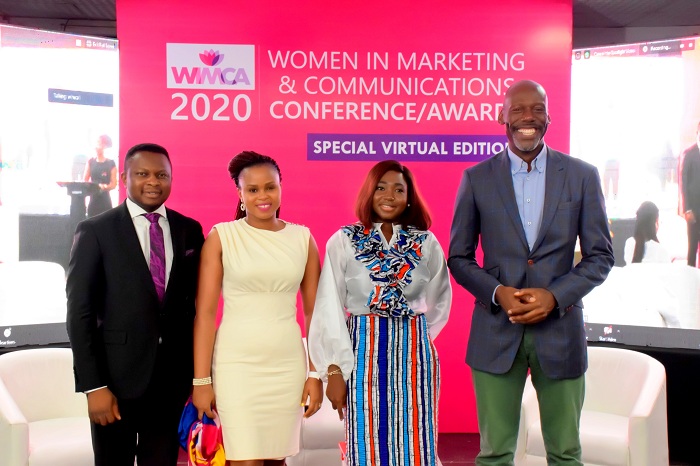In commemoration of the 2025 International Women’s Month, Arise News Television honoured 80 trailblazing women for their outstanding contributions across business, politics, media, and other spheres of influence. Aside from spotlighting female excellence across key sectors, the event was a powerful reminder that women are not just participating in national development; they are propelling it. A proof that when women are given space to lead, the nation prospers and new possibilities emerge.
Renowned author Chimamanda Ngozi Adichie captured this sentiment in her now-iconic talk “We Should All Be Feminists”, where she emphasized that genuine equality requires acknowledging the specific challenges women face. Her call is clear: gender disparities must be addressed head-on, not diluted under vague notions of inclusion. It’s a message that resonates even more in today’s rapidly shifting tech and business landscapes.
It is against this backdrop that initiatives such as HerStartup are timely and necessary. Designed to dismantle long-standing barriers, the programme provides female entrepreneurs, particularly in tech, with the tools, support, and visibility they need to build sustainable businesses in fields that have long excluded them.

Data continues to expose the inequality: according to a 2020 World Economic Forum report, women occupy fewer than 2% of leadership roles in the tech industry, despite representing half of the global population. HerStartup is stepping in to disrupt that narrative — not with mere advocacy, but with practical interventions that equip women to launch, lead, and scale their ventures.
Its approach is multidimensional, and rightly so. Participants receive entrepreneurship training, access to financing, and long-term mentorship — three critical ingredients without which many startups fail to survive their first year. HerStartup, by bundling these supports, gives women a real chance not just to start, but to stay in the game.
Already, the impact is visible. Graduates of the programme are making significant strides across diverse industries. At Ploutos Page, Olapeju Nwanganga has implemented scalable systems, including a two-layer bookkeeping software, to efficiently manage the company’s growth. “I gained invaluable skills and resources that have significantly enhanced my entrepreneurial journey. The program provided me with structured training in business strategy, financial management, and operational scaling, which were critical for addressing my challenges at Ploutos Page,” she says.
Dynalimb Technologies has also continued to thrive, securing funding, awards, and recognition, including a grant at the Art of Technology Lagos event in December 2024 and the 2025 Health Tech IP Award.
PocketLawyers, on the other hand, made a strategic pivot from a “tech-first” to a “trust-first” approach, allocating 20% of its budget to lawyer training and transparency features. This shift, coupled with the “Pitching with Precision” strategy mastered at the Founder Institute Accelerator Program, helped Ngozi Nwabueze craft a compelling pitch that won them a ₦1,000,000 grant in January 2025.
These women-led ventures are not just participating in tech — they are innovating and redefining within it. Looking ahead, the future promises even more disruption — the good kind. As more women-led startups emerge and scale, they will reshape not just industries but the very structure of economic opportunity.










